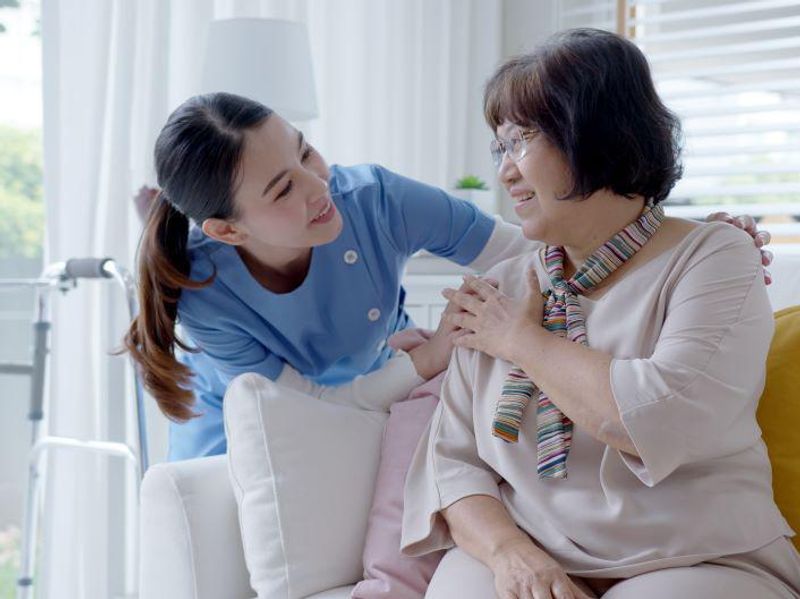TUESDAY, March 15, 2022 (HealthDay News) — Nearly one-third of older female cancer survivors experience lower-extremity lymphedema (LEL), which is associated with decreased physical functioning and an increased need for help with activities of daily living (ADLs), according to a study published online March 9 in JAMA Network Open.
Xiaochen Zhang, M.P.H., from The Ohio State University in Columbus, and colleagues examined associations between LEL and physical functioning and ADLs among 900 older female survivors (mean age, 78.5 years) of colorectal, endometrial, or ovarian cancer.
The researchers found that 32.4 percent of participants reported LEL, with the highest prevalence seen among ovarian cancer survivors (36.5 percent). Women with LEL had a lower mean physical functioning score and higher odds of needing help with ADLs (odds ratio, 2.45) versus women without LEL. For both physical functioning and ADL, there were no interaction associations noted between LEL and cancer type. Overall, the mean difference in physical functioning between women with and without LEL was greater among those 80 years and older versus those aged 65 to 79 years; however, among survivors of colorectal cancer, the mean difference in physical functioning score was greater among women aged 65 to 79 years versus those aged 80 years and older.
“These findings suggest that clinicians may need to regularly assess LEL among older survivors of cancer and provide effective interventions to reduce LEL symptoms and improve physical functioning for this population,” the authors write.
Copyright © 2021 HealthDay. All rights reserved.


